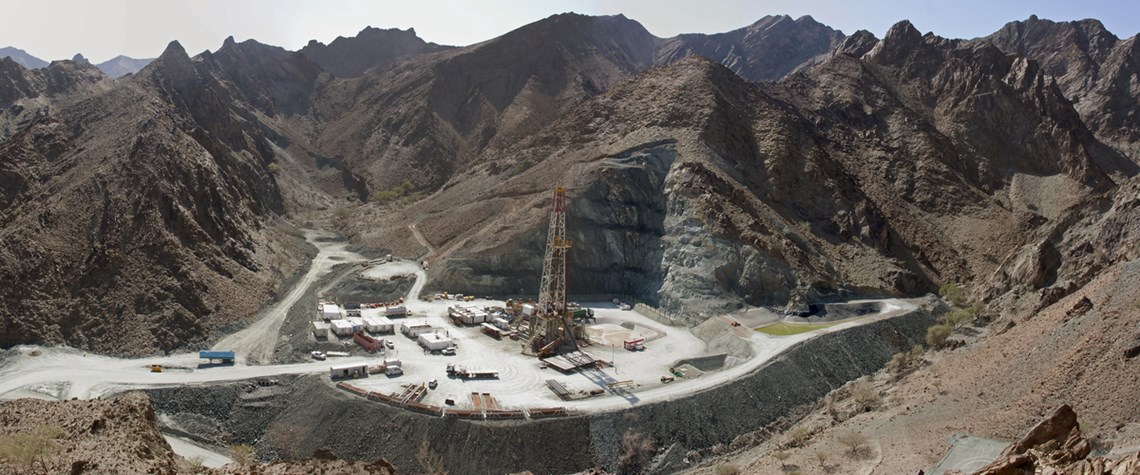Muscat's oil plans in disarray
The sultanate’s upstream development projects have taken short and longer-term hits
The Omani government is not having a good year oil-wise. The new Opec+ agreement to cut 9.7mn bl/d of production from 1 May requires the adherents, including Muscat, to reduce output by nearly a quarter. The heavily oil revenue-dependent sultanate’s original 2020 budget was based on an average price of $58/bl and more than 900,000bl/d production—which, even then, would have entailed a $6.5bn deficit. With average prices in April being less than half of the government’s assumptions, the new requirement to also slash sales volumes rubs salt in a painful fiscal wound. The impact of both will mean deep spending cuts. And the twin tracks of the country’s upstream policy—to stanch declines at agei

Also in this section
26 July 2024
Oil majors play it safe amid unfavourable terms in latest oil and gas licensing bid rounds allowing Chinese low-ball moves
25 July 2024
Despite huge efforts by India’s government to accelerate crude production, India’s dependency shows no sign of easing
24 July 2024
Diesel and jet fuel supplies face a timebomb in just four years, and even gasoline may not be immune
23 July 2024
Rosneft’s Arctic megaproject is happening despite sanctions, a lack of foreign investment and OPEC+ restrictions. But it will take a long time for its colossal potential to be realised







